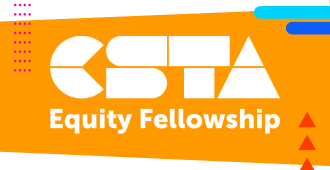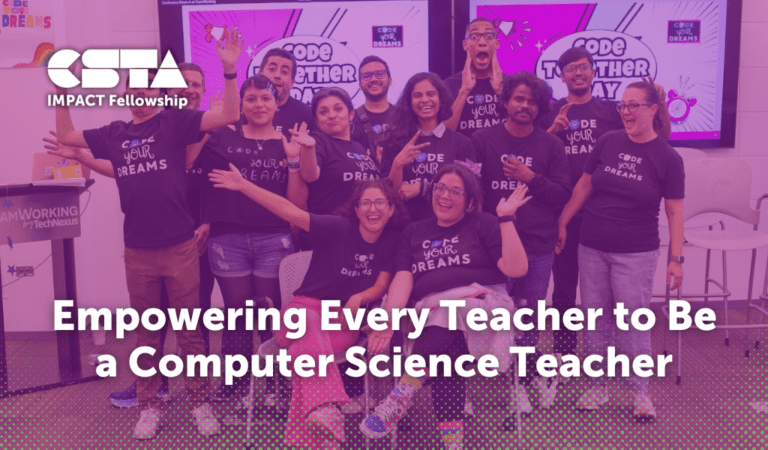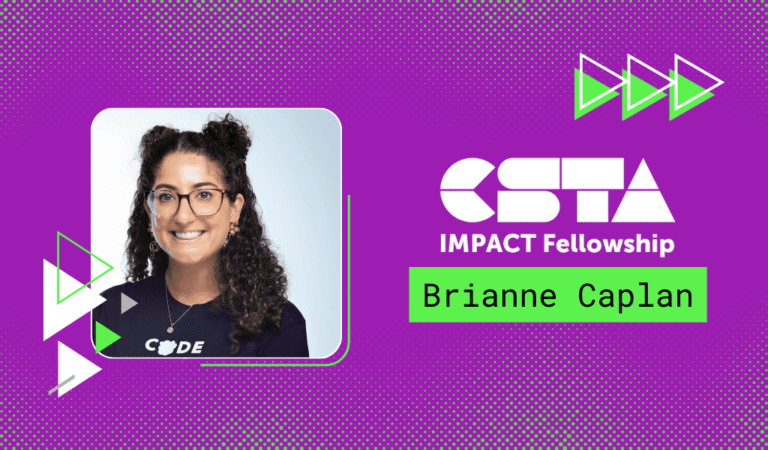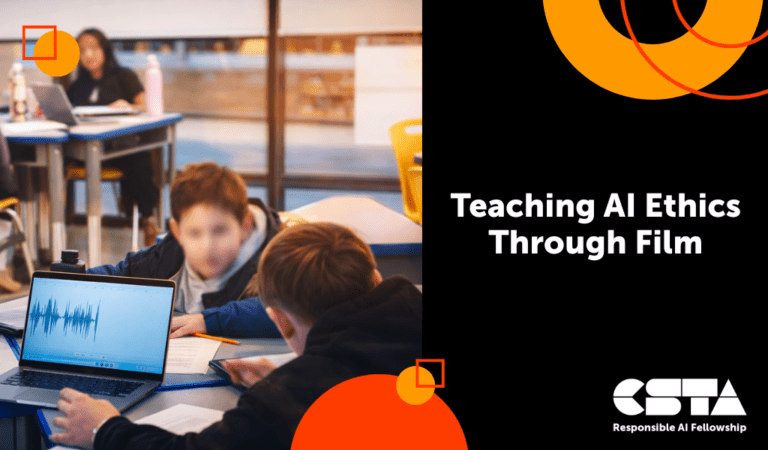I believe computer science (CS) literacy is more than just a competency in this digital world— it’s a civil right. However, I have found that CS education systems often mirror the colonial ideologies and systemic inequities prevalent in American society, especially in the ways the contributions of the historically marginalized have been diminished.
Historically, computing was considered women’s work akin to clerical work (Little, 2017). Persons who identify as I (Black and Female) have been pivotal pioneers in the history of computer science. From Ada Lovelace’s pioneering algorithms to the contributions of the Black women mathematicians known as “human computers” at NASA, the impact of marginalized groups was intentionally excluded when computer science shifted from menial trade work to the prestige it holds today. Their stories are often overlooked, and the field remains predominantly shaped by Eurocentric and male-dominated narratives. Decolonizing CS education is an urgent step toward ensuring that all learners can access, contribute to, and benefit from the digital economy equitably while honoring the diverse histories that have built the field.
From the linguistic bias baked into the programming languages taught to the algorithmic bias created by our Western focus on efficiency over ethics, traditional CS curricula often prioritize Eurocentric thought-systems and overlook contributions from non-Western cultures. As a result, these educational frameworks reinforce existing power imbalances and colonized educational ideals. By intentionally ignoring the value of diverse knowledge theories, we limit the potential of marginalized communities to innovate and shape technology in ways that address their needs and unique challenges. For instance, indigenous knowledge systems, like African Fractals, rich in logic and pattern recognition, are rarely recognized as valuable foundations for teaching computational thinking (Eglash, 2005). The exclusion of epistemologies disproportionately affects students furthest from opportunity.
Reimagining CS Education for Equity
I feel strongly that decolonizing CS education involves more than diversifying representation. It requires rethinking whose knowledge is valued and how it is taught. By decolonizing CS Education, we can begin to solve problems like AI/algorithmic bias and discrimination, the ever-present digital divide, and the racial/socioeconomic gap in overall STEM literacy. A transformative approach to fostering CS literacy can serve as a vehicle for equity by:
Integrating Culturally Responsive/Sustaining Pedagogy
The Kapor Center states, “Culturally responsive-sustaining computer science pedagogy is situated within a context of racial, socioeconomic, and gender inequality in K-12 CS education.” Culturally responsive/sustaining teaching methods acknowledge and celebrate students’ backgrounds, while leveraging their lived experiences (Funds of Knowledge) as assets that are essential to the learning process. By aligning computational concepts with local histories, languages, and challenges, educators can make CS more accessible and meaningful.
Highlighting Marginalized Contributions
By creating intentional programming for marginalized groups, organizations like Black Girls Code foster a sense of belonging in persons often left out of the CS narrative. Celebrating the contributions of diverse groups, such as women in computing, Indigenous mathematicians, and global innovators, challenges the dominant narrative that technological advancements are solely Western achievements. Elevating countercultural narratives in CS classrooms will instill a sense of CS belonging in students who have never seen themselves in CS spaces.
Empowering Local Problem-Solving
Contextualizing CS learning through the lens of community-based problem-solving equips students to use technology as a tool for social change. For example, integrating lessons on data ethics and justice can enable learners to tackle systemic issues like housing discrimination, climate change, and healthcare inequities. In my work for NMSI, I aim to train teachers to transition from the utilitarian lens of CS education to CS as an agent for local and global change.
Bridging the Digital Divide
In 2011, Digital Promise was launched to address the digital learning gap. However, the digital divide still exists today. It is time we move beyond simply ensuring equitable access to devices, internet connectivity, well-trained educators, and high-quality instructional materials. We also must consider ways that AI/algorithmic bias further exacerbates the digital divide by reinforcing existing inequalities in representation, access, and opportunity. This bias not only magnifies the digital divide but also perpetuates a cycle where the communities most in need of technological empowerment are left behind. Policymakers, educators, and technologists must collaborate to create infrastructure that prioritizes the voices of marginalized communities.
Building Toward an Equitable Digital Future
Decolonizing CS education is not just an ethical imperative; it is also a practical necessity in an increasingly interconnected world. By equipping learners from all backgrounds with the skills to participate in the digital economy, we unlock hidden potential and foster innovation that reflects the full diversity of human experience.
This work requires a collective effort. Educational institutions must identify gatekeepers that deter, or deny, students from accessing this critical learning. Instructional leaders must revise curricula to encourage early engagement in CS learning and integrate CS into core subject areas. Teachers must advocate for systemic changes that challenge traditional, Eurocentric perspectives and ensure that all students have equitable access to and are empowered by CS knowledge. Governments must invest in equitable infrastructure, and technology companies must partner with communities to develop inclusive tools. Ultimately, decolonizing CS education demands that we redefine success in ways that intentionally include those on the fringes, not as mastery of preordained systems but as the ability to critically question, adapt, and create systems that serve humanity as a whole.
As educators and leaders in our schools and abroad, WE hold the power to catalyze this change. Our commitment to creating inclusive, equitable learning environments, married with the drive to challenge traditional narratives of what success in CS education looks like, is essential to building a future where technology serves the broader good. It’s time to ask ourselves, “How can we radically transform our classrooms and institutions to foster the next generation of innovators who will lead with justice, equity, and empathy at the forefront?”
References
Eglash, R. (2005). African fractals: Modern Computing and indigenous design. Rutgers University Press.
Little, B. (2017, September 1). When computer coding was a “woman’s” job. History.com. https://www.history.com/news/coding-used-to-be-a-womans-job-so-it-was-paid-less-and-undervalued
About the Author

Keya Belt Robinson is a veteran STEM educator and a passionate advocate for educational justice, with over 20 years of experience teaching computational thinking across the curriculum. Keya is the mother of a neurodivergent child and has a passion for making computer science accessible for all learners. Based in Maryland, Keya currently serves as a Program Design and Innovation Manager at the National Math and Science Initiative (NMSI), where she develops professional development programs for STEM educators and leaders. Her work emphasizes culturally responsive pedagogy, with a focus on enhancing STEM literacy for learners who are “furthest from opportunity.” Keya is committed to diversifying the field of computer science by helping districts, school leaders, and teachers examine systemic barriers and identify gatekeepers that hinder or exclude marginalized learners. She develops programs that empower students to envision themselves in careers where they can apply their computer science skills in the future.




